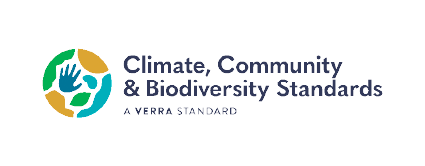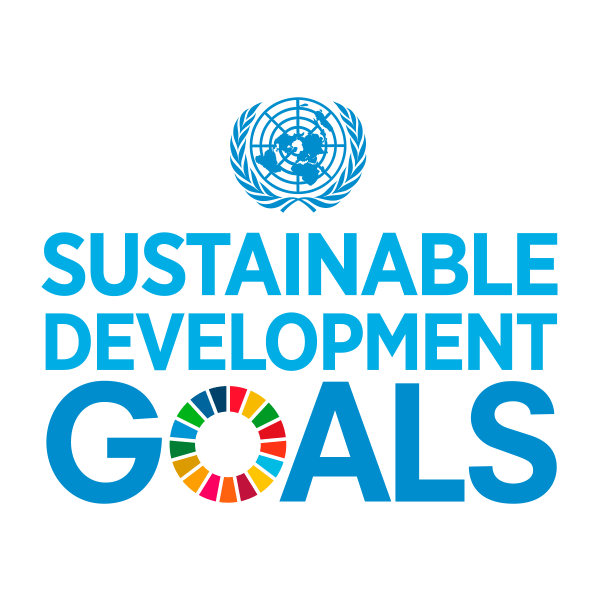JUTAITUBA
REDD+
PROJECT
DEIXE SEU COMENTÁRIO NO SITE DO VERRA

Clique no link abaixo, acesse o site do VERRA e deixe o seu comentário sobre o nosso projeto.


PROPONENTS
• Biofílica Ambipar Environment
• Martins Agropecuária S.A
LOCATION
Portel, Baião, Bagre and
Oeiras do Pará (Pará – PA)
STATUS
Registered in Verra
Credits Available for Sale in 2023
START DATE
January 14th
2021
Jutaituba REDD+ Project
Jutaituba
REDD+ PROJECT
The Jutaituba REDD+ Project is a partnership between Biofílica Ambipar Environment and Martins Agropecuária.
Located in the municipalities of Portel, Baião, Bagre and Oeiras do Pará, in the state of Pará, a region that suffers great pressure from deforestation and a considerable history of degradation, the actions of the REDD+ Project seek to strengthen the patrimonial surveillance and satellite image monitoring, which is fundamental to contain deforestation in the area of interest.
Area
of coverage
+ More from
Protected
Flora
+ More from
Protected
Fauna
+ More from
Emissions
Reduction
+ More from
Avoided
Deforestation
+ More from
GOLD SEAL FOR BIODIVERSITY (CCBS)
GOLD SEAL FOR CLIMATE (CCBS)
Location and importance of the project
The Project is located in the municipalities of Portel, Baião, Bagre and Oeiras do Pará, in the state of Pará. Its main objective is to promote the development of activities aimed at mitigating climate change, reducing GHG emissions caused by deforestation and forest degradation, as well as promoting social welfare and the conservation of local biodiversity.
Through activities related to the theme of environmental education and the promotion of sustainable practices it allows the dissemination of knowledge about the importance of forest conservation and sustainable economic development, respecting traditions and local culture.
In addition, the implementation of low-impact forest management practices certified by the FSC seal is encouraged within the project area, bringing together the conscious use of forest resources and the conservation of vulnerable species such as the Brazil nut tree (Bertholletia excelsa), which has great economic importance for local communities.
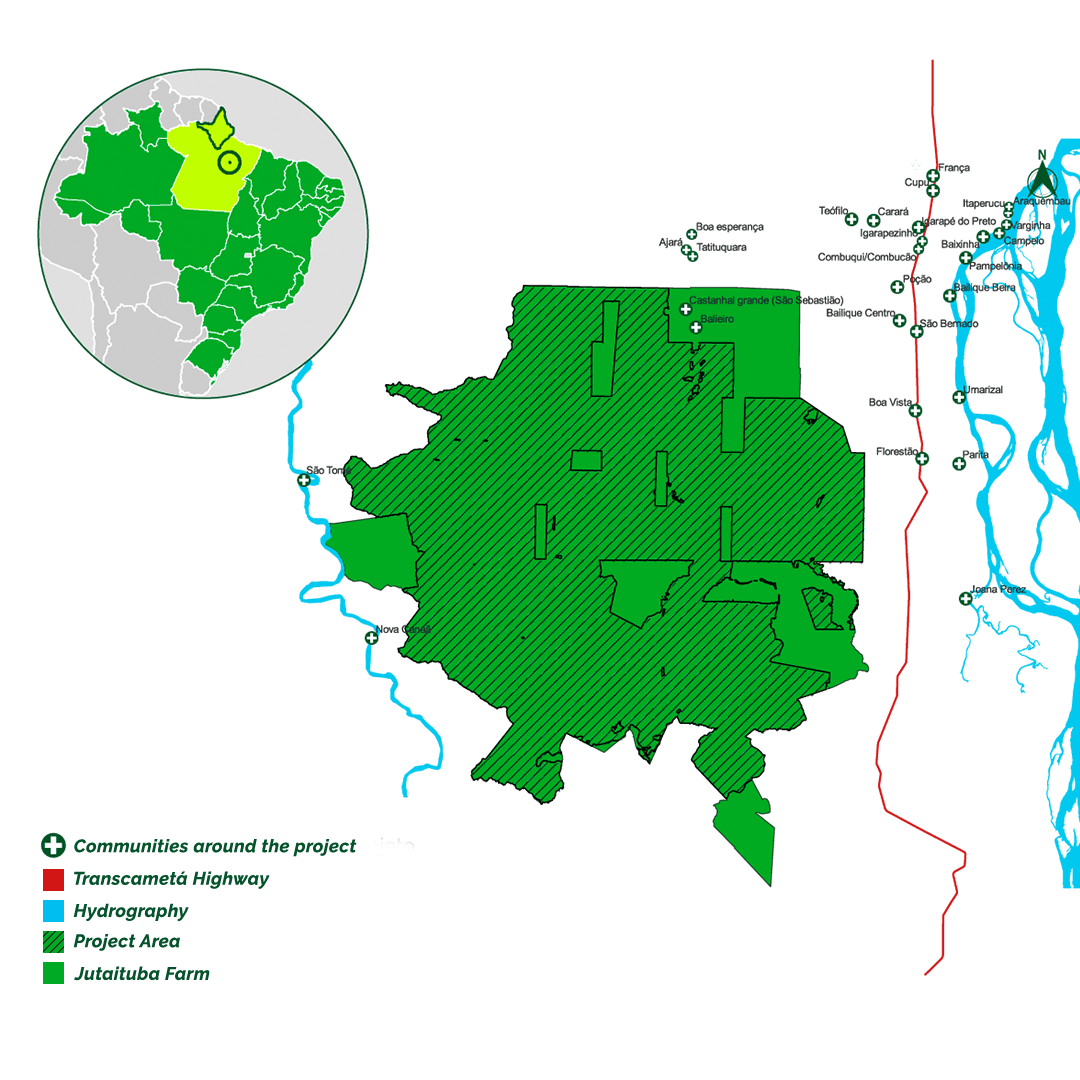
Biodiversity
The biological importance of the region is recognized by international and national agencies and institutions. The Project Area overlaps with Priority Areas for Conservation defined by the Ministry of the Environment. These priority areas are defined by crossing spatial information on the occurrence of species and ecosystems and the costs and opportunities for conservation (MMA, 20221). Each of the defined areas has a degree of priority, which can be high, very high or extremely high. The overlay of this product with the Project Area identified that its boundaries are inserted in areas with high and extremely high priority for conservation. Furthermore, the Project Area is home to globally threatened species, many of which are endemic, especially in relation to birdlife, since the project is also located in an Important Bird Area (IBA), defined by BirdLife International.
With this context in mind, the activities proposed by the project, such as on-site biodiversity monitoring and low-impact forest management, seek the conservation of local biodiversity, economic gains, and sustainable development.
Community
The activities linked to the social scope aim to bring positive impacts for all the involved actors through the generation of jobs and income by promoting non-timber forest management, other sustainable practices, and capacity building through courses and training covering the topic of environmental education.
Deforestation
In addition to monitoring deforestation remotely using high-resolution satellite images, the project supports frequent surveillance of the property, and encourages good relations with stakeholders, with the aim of establishing a broad and transparent management of the territory, seeking to avoid as far as possible the occurrence of invasions, land disputes, illegal practices, and social tensions.
CO-BENEFITS
How the Jutaituba REDD+ Project contributes to the United Nations’ Sustainable Development Goals (SDGs)
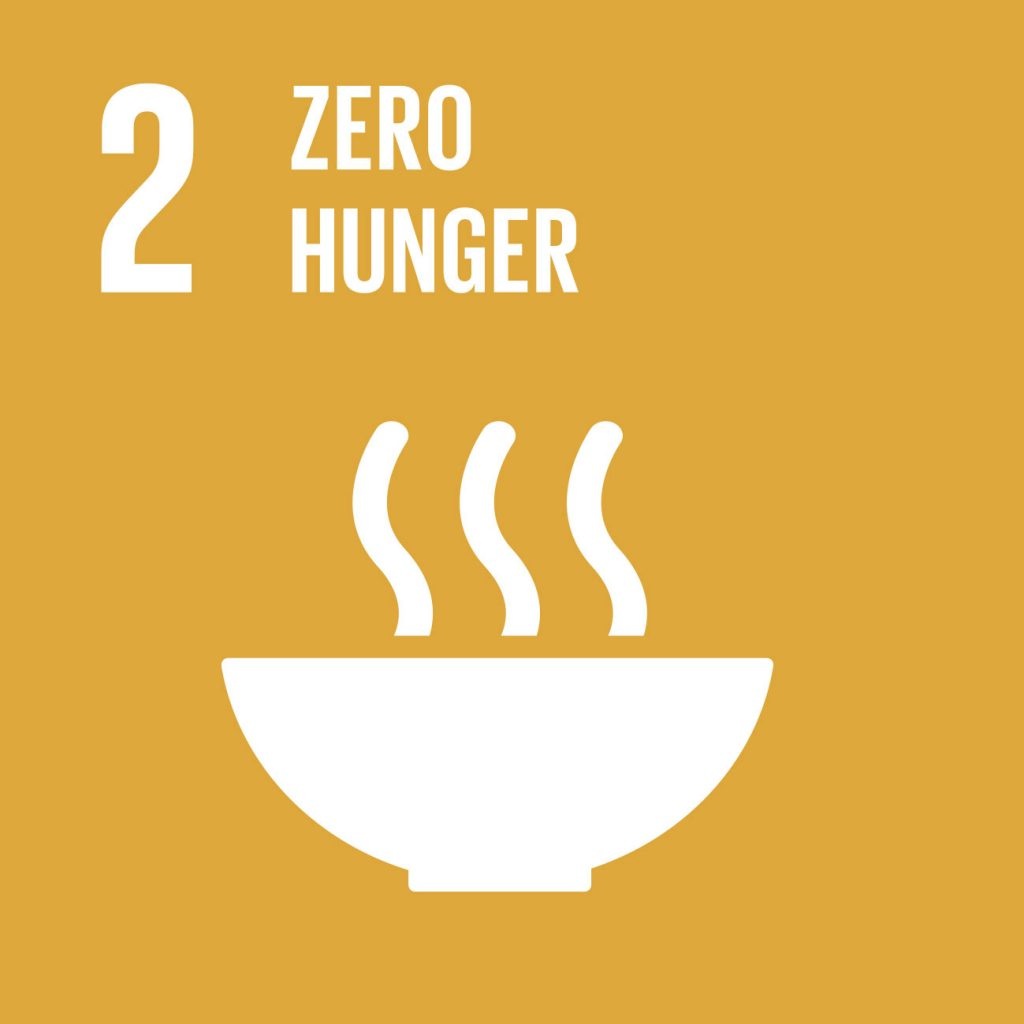
The project combines the socio-economic demands of the communities with local opportunities for more resilient economic activities, through the “Promotion of sustainable practices”. To do so, the project enables environmental education and community training actions, in association with different partners and extensionists, in order to promote knowledge about the importance of reconciling good productive practices with the preservation and maintenance of natural resources.
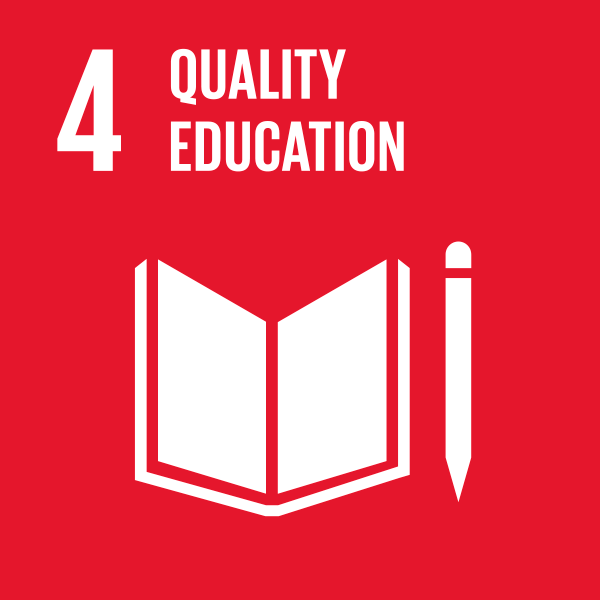
The project enables and encourages access to education through technical courses and training focused on environmental and socioeconomic areas, especially on practices of resilient agricultural production, sustainable extraction of non-timber forest products, environmental education on hunting, fishing and preservation of endangered species. In addition, it provides specific training and intelligence oriented training to the Jutaituba Farm workers, mainly to those who belong to the patrimonial vigilance team. These training activities promoted by the project allow the strengthening of local governance, the consolidation of the feeling of belonging, access to information, better employment conditions and income diversification; especially for extractivists and small farmers, resulting, consequently, in the maintenance of the forest and its resources.
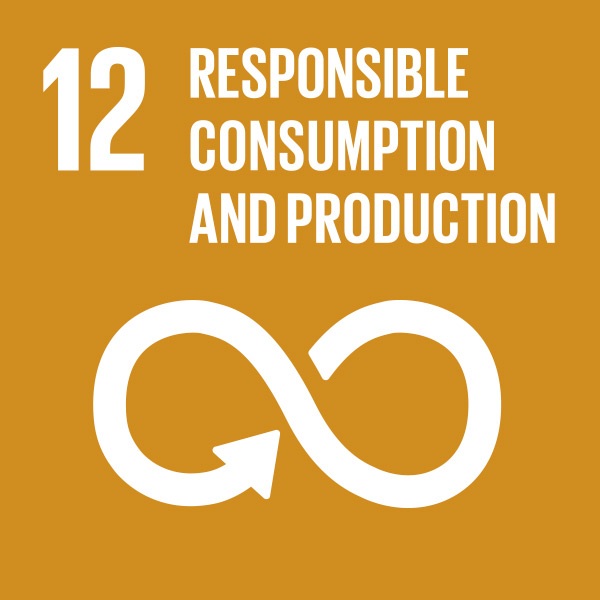
The project includes the “Promotion of sustainable practices” with actions aimed at identifying potential activities related to resilient subsistence agriculture, sustainable livestock farming and extractivism and low-impact forest management; according to the demand and profile of local communities. In this sense, the project acts in the dissemination of knowledge, instructions and experiences focused on the efficient use of natural resources and environmental preservation; focusing on sustainable business chains through greater integration between stakeholders, thus generating income, welfare and cultural identity for the fostered communities. With this, the learning, engagement, and pre-disposition of these families in activities to improve productive and extractive practices increase the governance of the project and help to maintain the forest cover and preserve its ecological aspects.
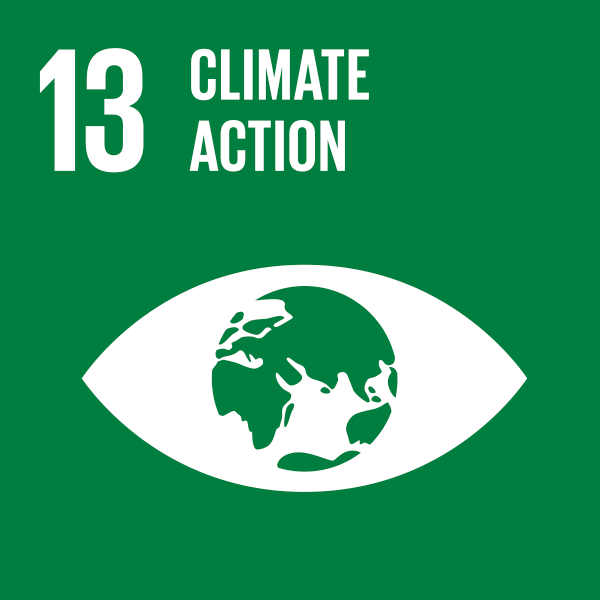
In general, all the activities developed by the project aim to take actions to combat climate change and its impacts and, consequently, reduce environmental degradation in the project area. In this sense, besides the engagement of stakeholders and the strengthening of governance, the project also promotes the monitoring of deforestation via satellite and in the field. The patrimonial surveillance within the Jutaituba Farm, armed with geospatial information, is more effective and assertive in the actions of prevention and combat of illegal activities. For this to happen, the project works to improve the registration and disclosure of pressured and deforested sites in the project area, as well as investing in the training of workers to make appropriate decisions in cases of identification of irregular activities. As a result, reducing the emission of greenhouse gases, collaborating directly with the Brazilian goal of reducing emissions, the project has the potential to reduce more than 2.6 million tCO2e of GHG emissions in 10 years.
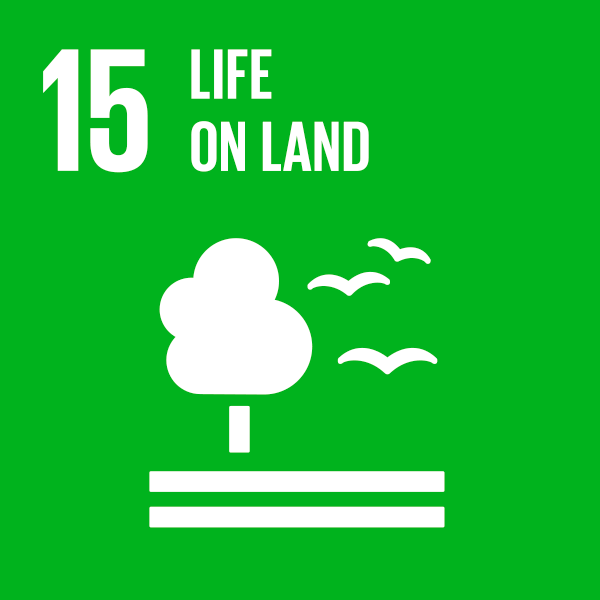
Considering the relevance of Fazenda Jutaituba for biodiversity; the project focuses efforts on long-term monitoring of ecological indicators associated with practices arising from REDD+ conservation activities on populations and ecosystems within and outside the property boundaries. In this way, the project aims to minimize habitat loss, landscape alterations, overexploitation of species, and climate change. To this end, it seeks to engage, involve and raise awareness among all stakeholders about the importance of fauna and flora biodiversity in providing ecosystem services, maintaining landscape connectivity, controlling environmental degradation and limiting the overuse of natural resources.



